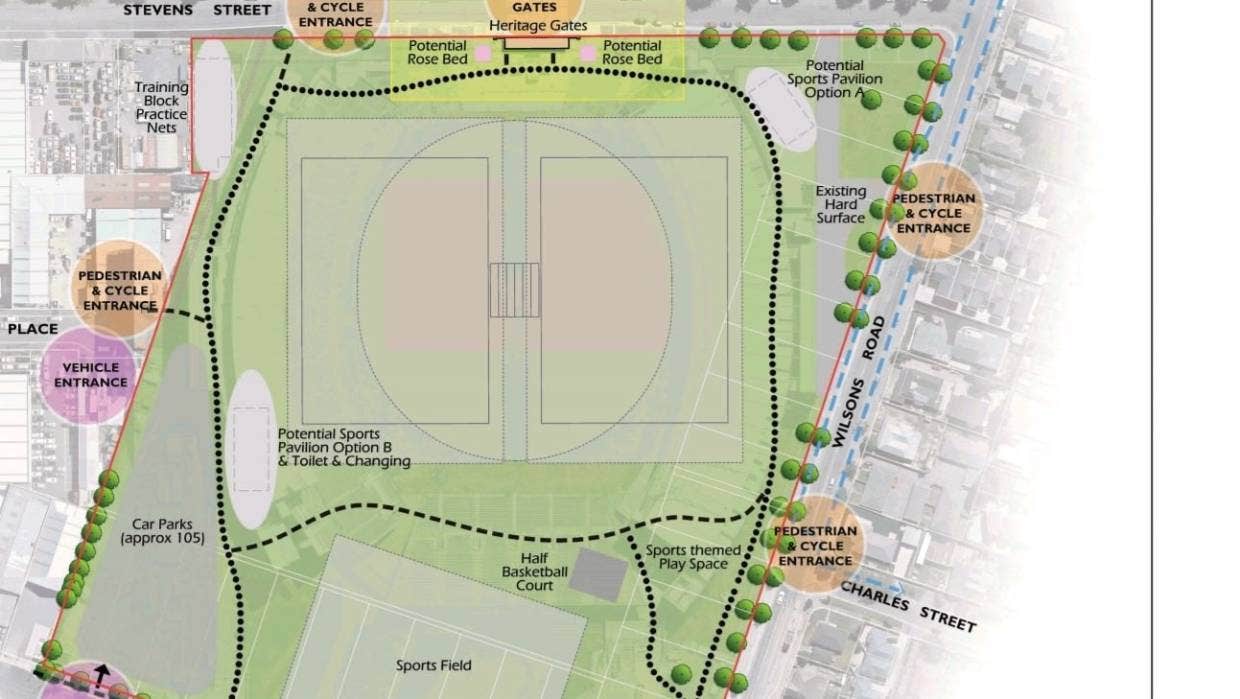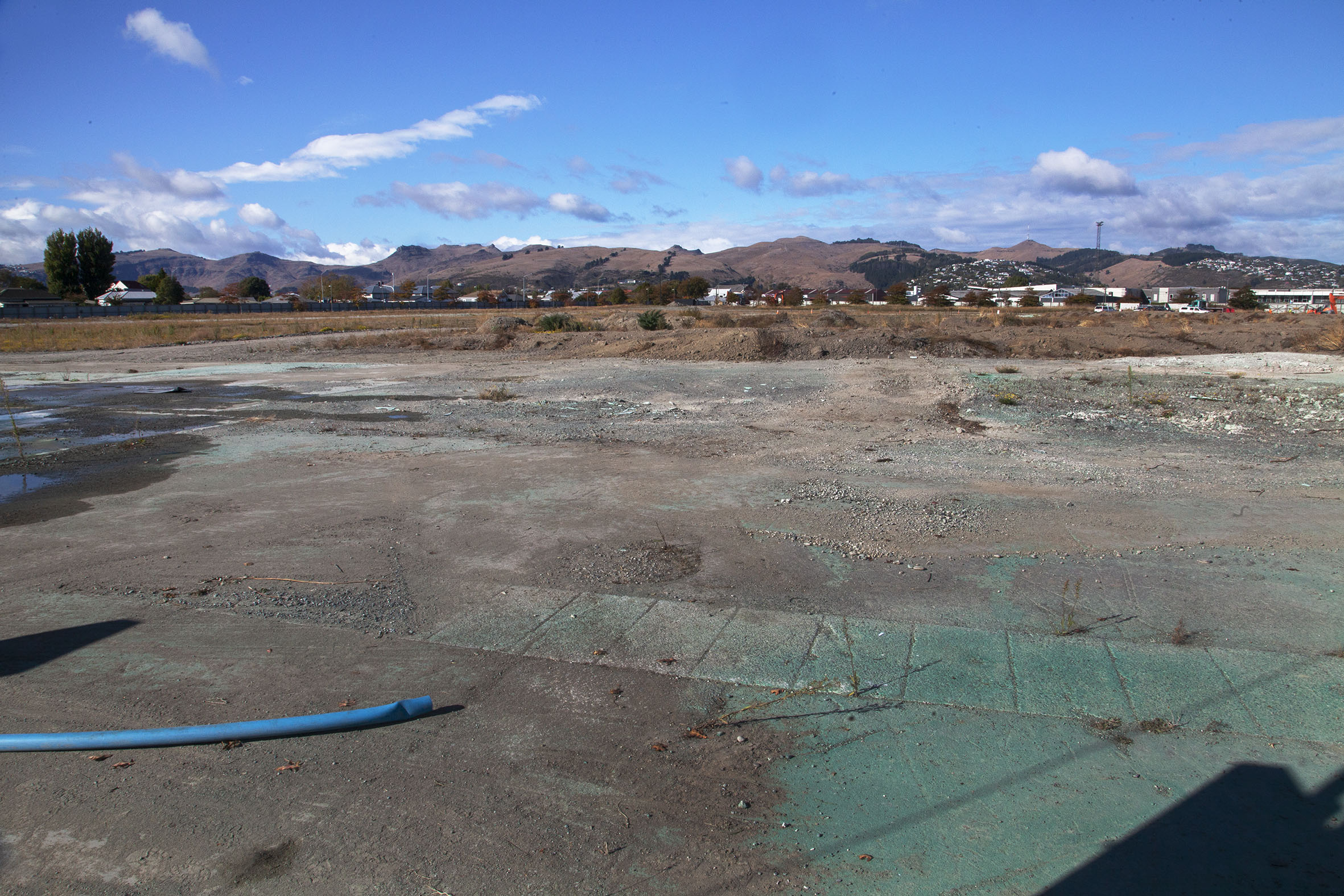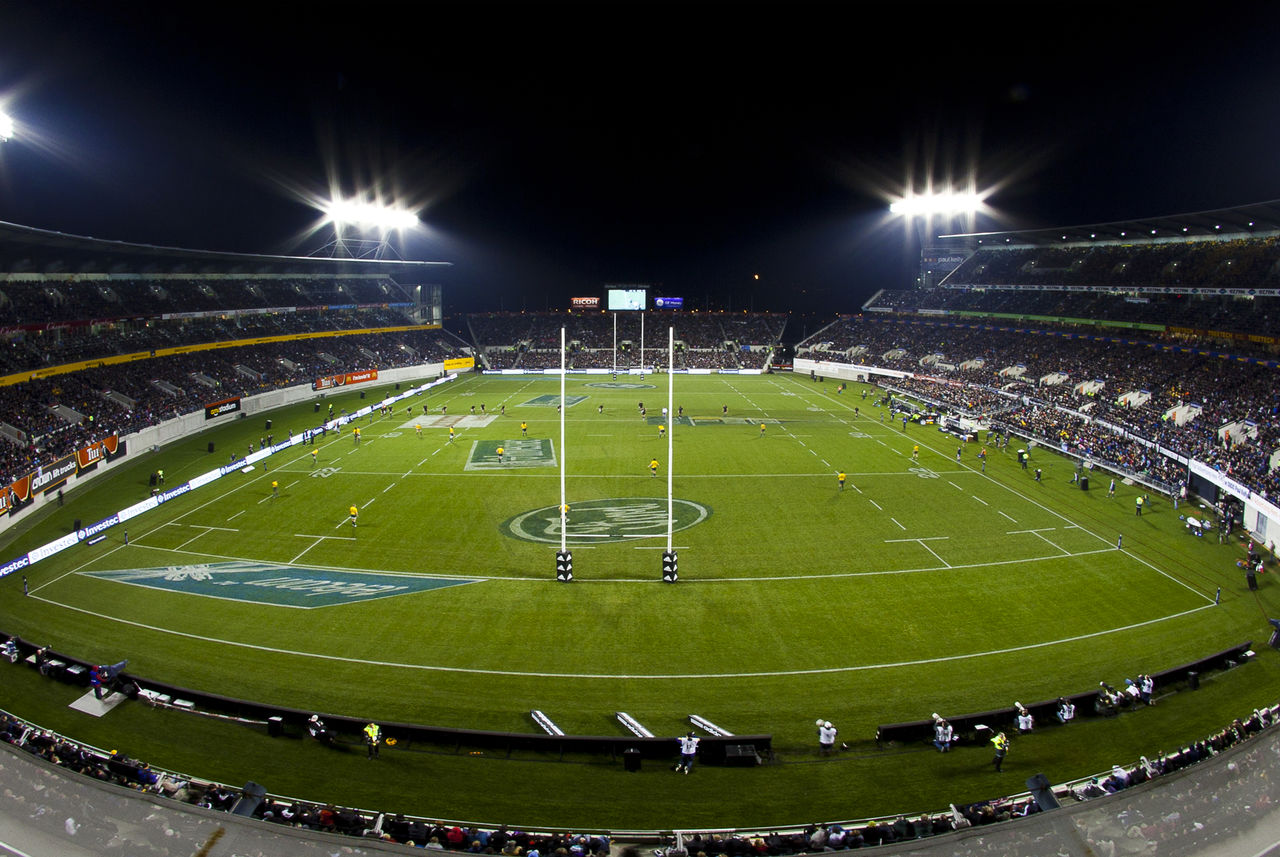
The February 22, 2011, earthquake caused significant damage to the former AMI Stadium, which first opened as Lancaster Park in 1881.
The demolition of the stadium was completed at the end of 2019.
The first stage of the redevelopment project is expected to take about nine months.

This work will allow the site to be turned into a community recreation space, including sports fields for winter sports such as rugby and football, and cricket grounds for summer use.
Former Canterbury and All Blacks forward and coach Grizz Wyllie said it is positive that sport will still be able to be played where such a historic ground once stood.
“Obviously, for club teams and that to be able to play whatever sport it is on a ground like that, which is in pretty good condition, and it still will be looked after [and] will be still in good condition, it will be of awesome benefit to all sports that are going to be played there,” Wyllie said.
The Lancaster Park Memorial Gates will be protected during the works.

Monitors will be installed on the gates to check for any movement while the stadium foundations are removed.
A spatial plan – developed in conjunction with community and sporting groups – will be used as a guide for this work.
Further development will occur as funding becomes available.
It is anticipated there will noise, vibrations and dust from heavy machinery during the preparation works and removal of the former stadium’s foundations.
City council staff will attempt to minimise the impact of this work as much as possible.
The decision to demolish Lancaster Park stadium followed a status report showing that recommissioning it as a venue capable of hosting top international rugby tests would cost between about $255 to $275 million.













